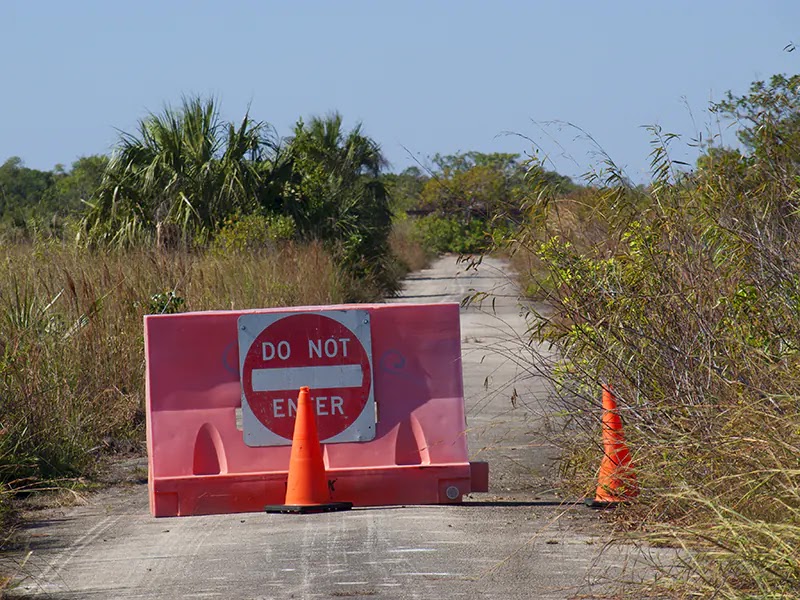Forgotten Books: Tales of Bloody Knife in old books related to General Custer
Bloody Knife was the most famous Indian scout of the West. He was the favorite of General Custer and second in command of the Indian scouts of the 7th Cavalry Regiment after Lieutenant Varnum. Bloody Knife also died in the Battle of the Little Bighorn - Battle of the Greasy Grass for the Lakota Indians - but not near Custer. In this photo, the scout is seen on his horse and dressed in his lance corporal uniform.
Bloody Knife was a mix of Sioux and Arikara. He lived with the Sioux but was bullied and discriminated for his Arikara origins. He left the tribe and became an enemy of the Sioux.
Custer's wife - Elizabeth Bacon Custer - describes Bloody Knife in her book "Boots and Saddles": Or Life in Dakota with General Custer - affiliate link to the book page in Amazon.
Bloody Knife was naturally mournful; his face still looked sad when he put on the presents given him. He was a perfect child about gifts, and the general studied to bring him something from the East that no other Indian had.He had proved himself such an invaluable scout to the general that they often had long interviews. Seated on the grass, the dogs lying about them, they talked over portions of the country that the general had never seen, the scout drawing excellent maps in the sand with a pointed stick. He was sometimes petulant, often moody, and it required the utmost patience on my husband’s part to submit to his humors; but his fidelity and cleverness made it worth while to yield to his tempers.
In the same book, Bloody Knife is mentioned in letters from Custer. Two excerpts follow.
I send you one that will show you that at last I have killed a grisly after a most exciting hunt and contest.... Colonel Ludlow, Bloody Knife, and Private Noonan are with me in the group, as we constituted the hunting-party. The bear measured eight feet. I have his claws.
This is the picture of the bear hunt mentioned by Custer.
Bloody Knife looks on in wonder at me because I never get tired, and says no other man could ride all night and never sleep. I know I shall sleep soundly when I do lie down; but, actually, I feel no more fatigued now than I did before mounting my horse this morning....
Custer planned to bring Bloody Knife with him to Washington and later send him back to the West to build a house for him. Also had the idea of giving him the command of the Arikara Tribe.
Another old book that mentions Bloody Knife is The Arikara narrative of the campaign against the hostile Dakotas, June, 1876 - affiliate link that goes to the book page in Amazon.
Written by historian Orin Grant Libby, the book contains interviews with nine scouts that served under Custer - the author did the interviews at Fort Berthold Reservation in 1912.
The Indians said that Bloody Knife was the only scout with a government issued saddle, blamed Reno for not holding his position at the river during the Battle of the Little Bighorn, and reported that they found the scalp of Bloody Knife hanging from a stick in a Sioux camp.
After the death of Custer, Reno took the command of the 7th Cavalry and reported the death of Bloody Knife and others in a letter to General Terry on July 5th, 1876.
The following named citizens and Indians, who were with my command, were also killed:—Charles Reynolds (guide and hunter); Isaiah (colored) interpreter; Bloody Knife (who fell from immediately by my side); Bob-tailed Bull and Stab of the Indian scouts.
(Source: Frances Fuller Victor, Eleven Years in the Rocky Mountains and Life on the Frontier.)
Amazing tales of the wild west.




Comments
Post a Comment